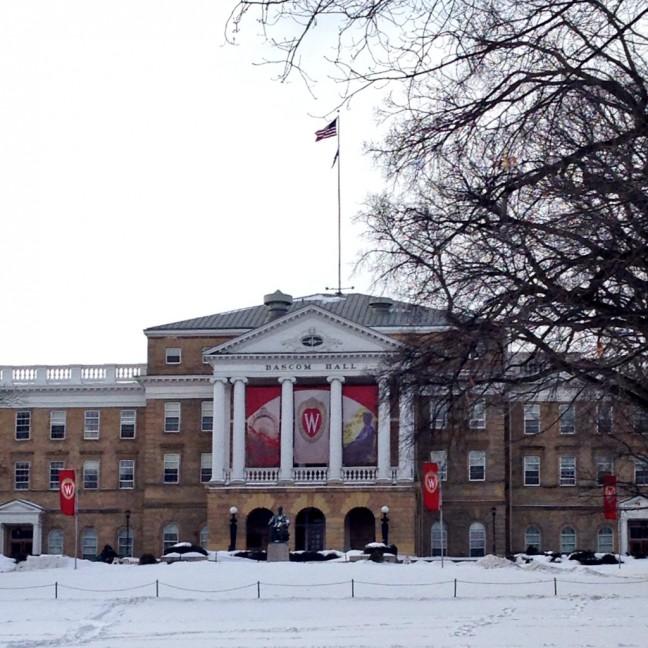Students may soon be seeing more incentives to stay in state for college with two bills proposed in the Legislature to help residents pay for the increasing costs of higher education.
Academic Excellence Scholarship Program
In a public hearing Monday, the Assembly Committee on Colleges and Universities heard testimony on two bills, the first aiming to revamp the state’s Academic Excellence Scholarship program and the second to allow students to refinance their student loan debt.
“We are losing the best and brightest, call it ‘brain drain,’ from this state because of the lack of incentive we have in this state,” Rep. Duey Stroebel, R-Cedarburg, said. “Especially when compared to the aggressiveness of other states of going after the best and brightest.”
Stroebel has proposed the bill along with Rep. Howard Marklein, R-Spring Green; Patricia Strachota, R-West Bend; and Daniel Knodl, R-Germantown. He said the bill will make the state-offered Wisconsin Academic Excellence Scholarship more attractive to high-performing students without substantial additional costs.
The bill would increase the current scholarship award of $2,250 per year to 50 percent of annual tuition and fees a student would normally pay at the University of Wisconsin.
“The greater scholarship value will allow Wisconsin to compete with scholarship offers our best students may be receiving from out-of-state institutions,” Stroebel said.
Although the bill would increase the value of each scholarship, it would also reduce the total number of scholarships awarded, especially to students in smaller districts, Rep. Janet Bewley, D-Ashland, said.
John Reinemann, a spokesperson for the Higher Education Aids Board, said the board is concerned about the reduction in the number of scholarship recipients.
“If one assumes that rural high schools tend to be smaller, obviously there is a rural-urban aspect here,” he said. “If this bill were implemented immediately, I think there would be three years of students who would have a very rude awakening.”
Higher Ed, Lower Debt
The second bill discussed at the hearing, popularly known as the “Higher Ed, Lower Debt” bill, would try to prevent the rude awakening of student loan repayment fees after graduation.
Introduced by Rep. Cory Mason, D-Racine, and Sen. Dave Hansen, D-Green Bay, the bill would create a Wisconsin Student Loan Refinancing Authority to allow students to refinance their student loans and make their payments tax deductible.
“This bill is obviously an attempt to help thousands of Wisconsin residents cope with the soaring costs of student loan debt,” Hansen said. “We would be the first state in the union, the pioneer to attempt this.”
Rep. Michael Schraa, R-Oshkosh, said while Hansen and Mason claim individuals would be able to refinance their loans at 3.5 or 4 percent, the new bonds would be unsecured and would also require higher interest rates.
Hansen said high interest rates on the $1.3 trillion total national student debt are the reason the federal government made $66 billion in profit over the past year.
“What’s most troubling for me is you’re trying to push this bill and I think, to be realistic, it’s being very misleading,” Schraa said. “I think you’re selling pipe dreams and false hope.”













